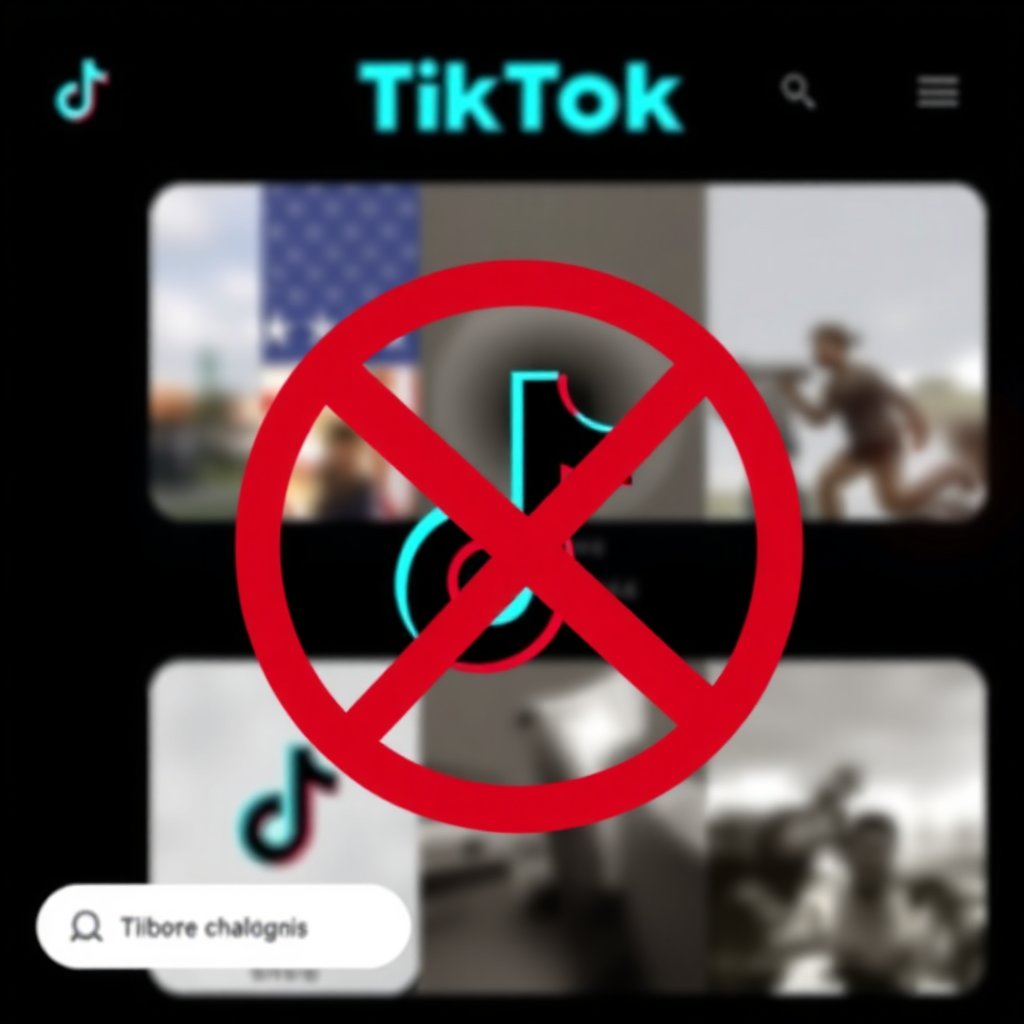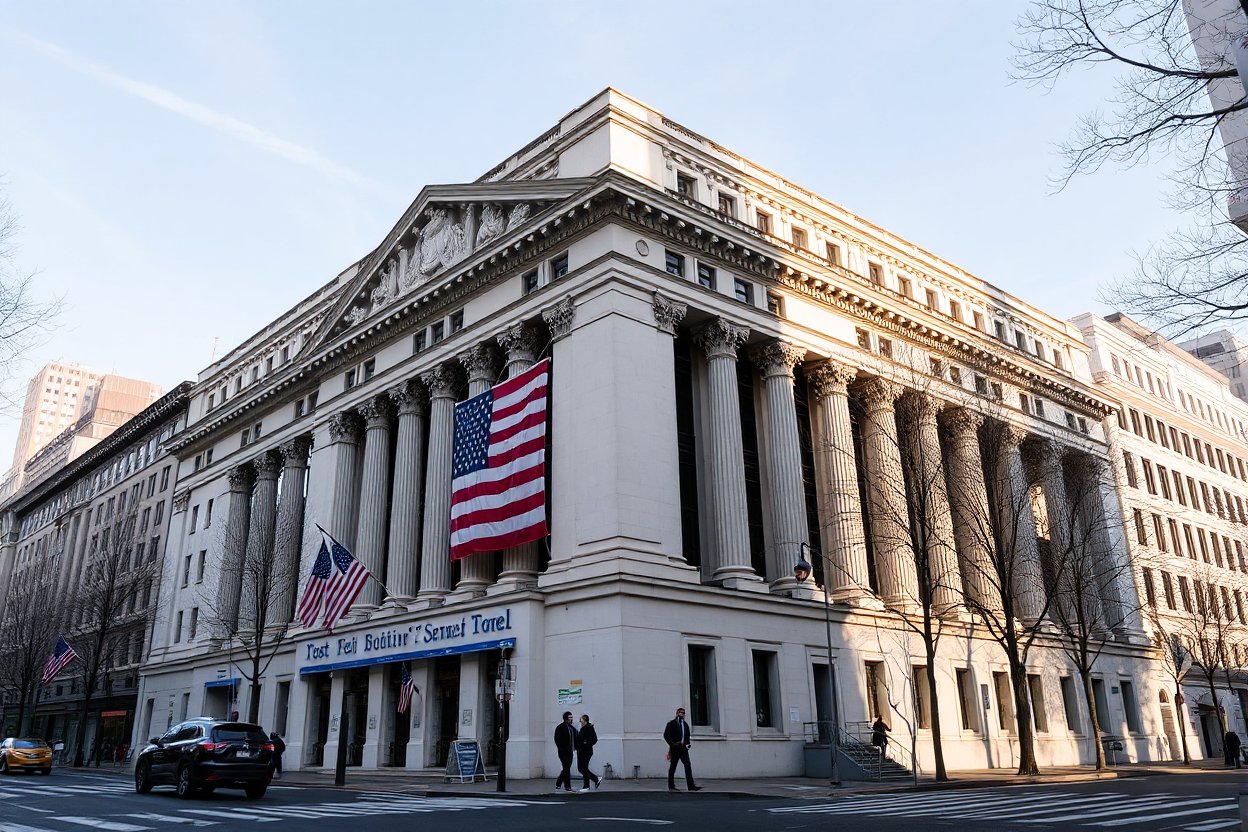TikTok is causing a lot of discussion and argument in the country
The unused phone Tiktok has grown notorious, with over 150 million active US users, and has become a phenomenon that has affected the whole culture of entertainment, be it with dance trends or educational content. This issue has sparked primary debates about TikTok’s national security and data privacy, which are why it is under scrutiny by the government, and lawmakers have advocated suspension. Indeed, in such situations, users should be open to the idea that there may be changes.
Highlights
The History of the Ban
One of the main reasons TikTok faces the danger of being banned is the accusations, supported by the evidence that the app gives its data to the Chinese government since TikTok is owned by a Chinese company called ByteDance. Congressmen argue that the amount of data possesses could compromise national security. Amid ByteDance’s infinite engagement (this already appears to repeat) with controversies and claims, it has successfully refuted all the charges simultaneously. However, it did not alter its stand in defending users’ privacy from the government. However, when discussed in the latest Congress hearing, the banning was a signal of approval for both parties. This showed that the problem is enormous. The imminent and speedy effect of the ban in other countries was the condition which led to that action in the USA, to be precise. In 2020,. In 2020, India banned TikTok and around 58 other Chinese apps over national security. Some US states took up the initiative as well. Given that a few states and some government institutions have either adopted policies that make TikTok illegal on government devices or are considering doing so, it may seem like midway restrictions have been installed. There is still a chance of a countrywide prohibition happening, which would cause millions of reactions in the US
How a Ban Could Impact Users

Social media’s features that keep users engaged in short-form videos also brought TikTok into such a big platform. For many, this is not just an app they like but a livelihood for them. The people who make content, as well as small companies and influencers, channel this media heavily to have income and opportunities to build their brand. Hence, a ban on them will lead to a significant loss of audience and even revenues.
Someone who uses TikTok other than daily as well would be somehow affected. it has become one of the primary sources for both entertainment and news, and it is a place where people can even be educated. Yet, simultaneously, the app increased in popularity for the unique algorithm and likeable interface for the users who found it possible to turn TikTok as their primary stop. Social media apps, such as Facebook, are struggling hard to mimic its unique options. Therefore, its absence might imply the digital sphere cannot be filled up until an equal alternative is discovered.
Alternatives to TikTok
Users who have TikTok removed from US stores still have alternatives. Besides, they can use platforms like Instagram Reels, YouTube Shorts, or Snapchat Spotlight, which offer short-form video content. Thus, users can broadcast videos or chat and dance with fans to entertain them with a similar alternative.
Someone’s other option is to choose the ones coming up, like Triller and Clapper, as they would get the Users to switch over to them. Though these might be at the early stages and less functional, they are promises of getting away such that those looking for a TikTok-like experience will always find something closer to it.
Besides, individuals can diversify their online presence by joining some platforms. For instance, content creators can also push their works to Instagram, YouTube, or Twitch for the sake of the onlookers if TikTok happens to go offline.
Preserving TikTok Content
The most significant issue among TikTok addicts is the disappearance of their materials if TikTok is prohibited. Users are lucky because they have many ways to keep videos safe. This is made possible because Users can download their own content directly from the app. In addition, creators can save the video files on their devices for security reasons and upload them to other social media sites if necessary.
For creators who have a large number of videos, using cloud storage solutions or external hard drives may further increase their safety. Creating a backup of this content will simplify the process of switching platforms, should this be necessary.
The Role of VPNs
Some users have felt that a virtual private network (VPN) could bypass a prohibition of TikTok, thus giving freedom. A VPN may be able to trick TikTok location requirements and still allow users to access it; unfortunately, this is a bold risk users take. VPNs are mostly needed to get around communication censorship in dictatorial countries, whereas using a VPN in the USA can seriously breach the law’s interests. The freedom users experience while using VPNs also comes with penalties.
The Broader Implications
The ban on TikTok raises wider-ranging issues, such as digital freedom and government intervention in technology. Some people think that a ban would represent a dangerous precedent in impinging upon the rights of the public, as they would lose one of the most widespread platforms of expression. Others are concerned about our country’s national security. Therefore, they think the ban is justified.
Also, the ban may cause a complete social media reorganization. Rivals might get a quick surge of users, and at the same time, entrepreneurs and companies need to adjust to new methods of attracting audiences. TikTok’s disappearance could promote creativity in a way that many developers would compete to create mobile applications that perform the same functions as TikTok.
Given that the fate of TikTok in the United States is unclear, users must be ready for the eventuality of life without the app. User approaches to counter the problem, such as engaging in alternative platforms and protecting their content, are some of the possible proactive but preventive measures to be taken after a ban. Although the future is still in the air, the current situation brings out the changing relationship between technology, national security, and personal rights. TikTok is at the heart of the quarrel today, but the debate’s conclusions will have a lasting impact on the digital world.



Turn your clients’ expertise into engaging content they actually want to share. https://bit.ly/Vocable-AI